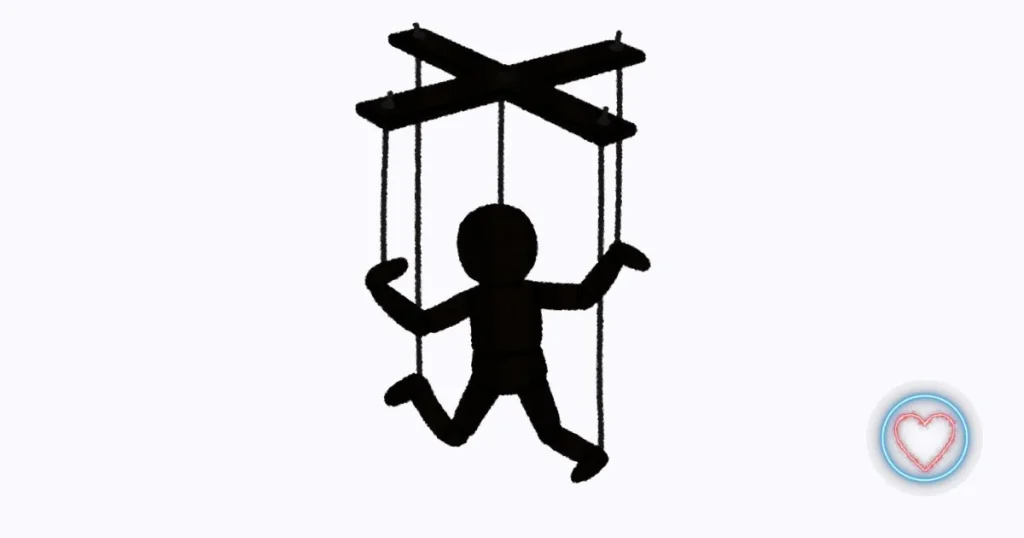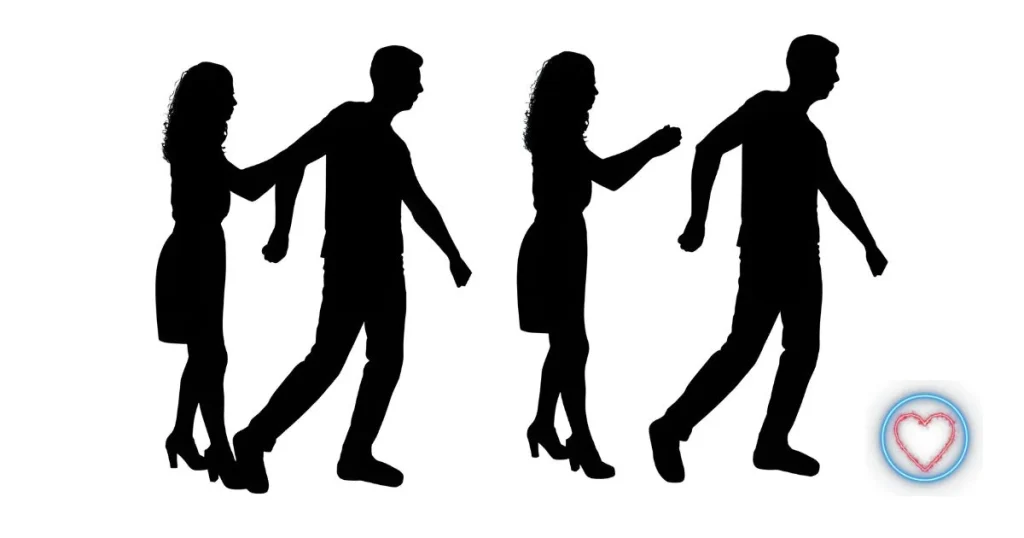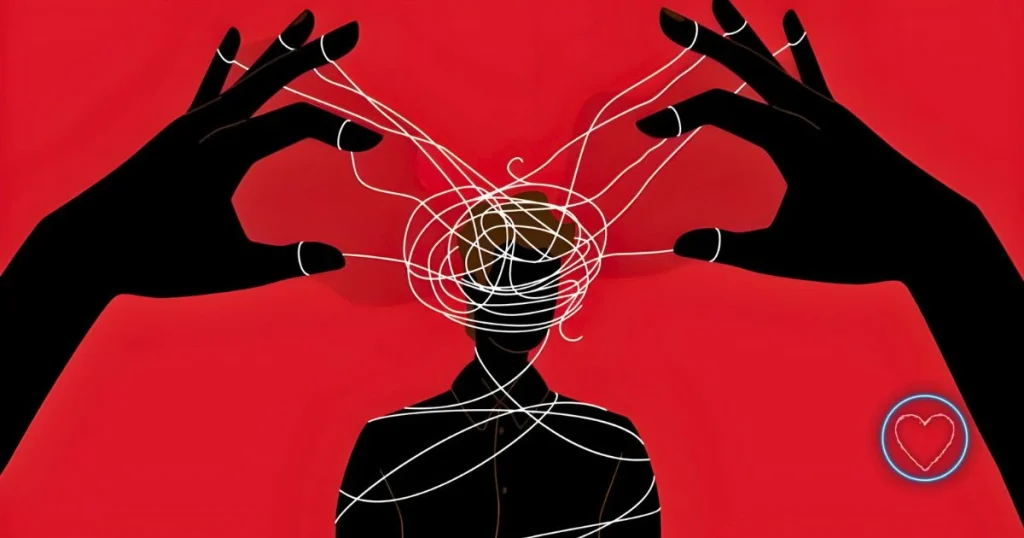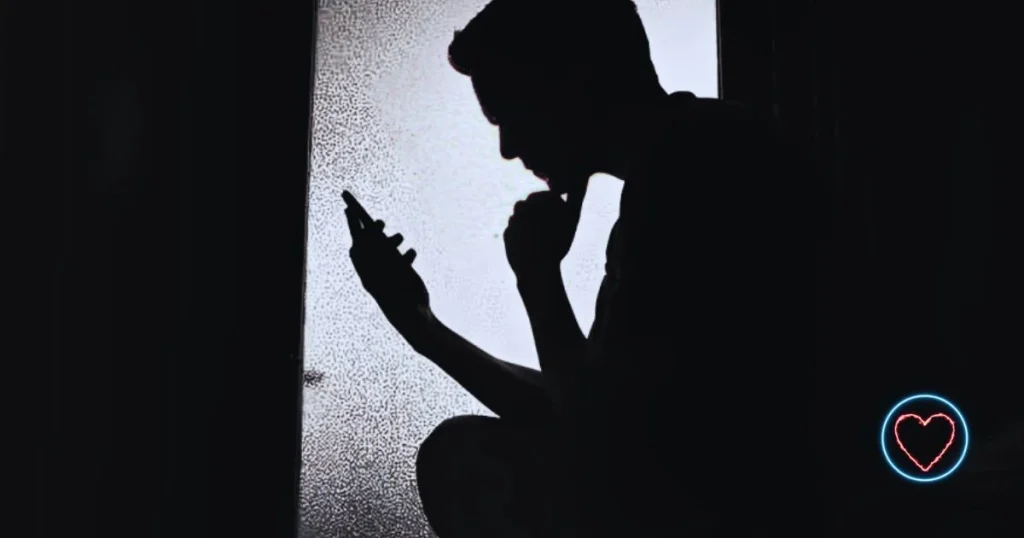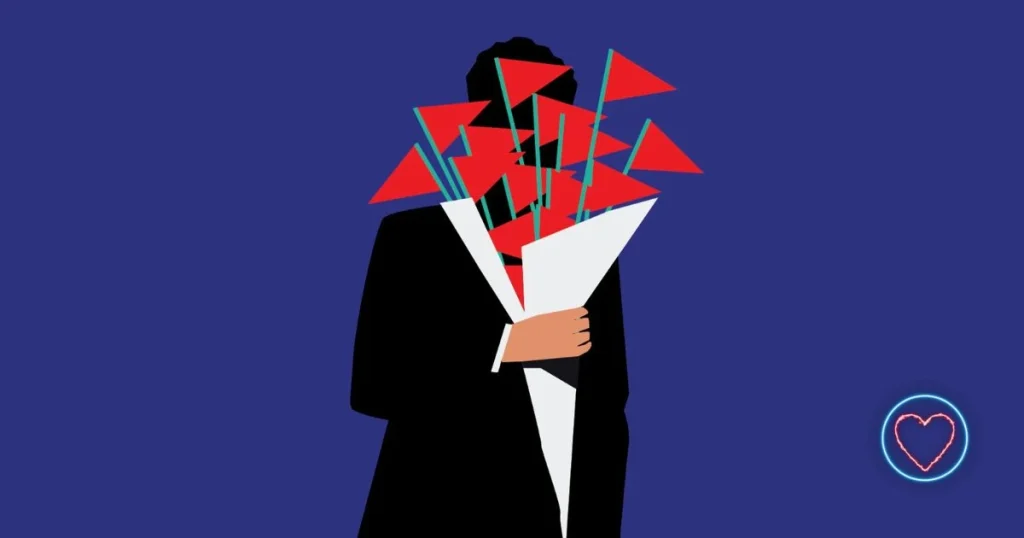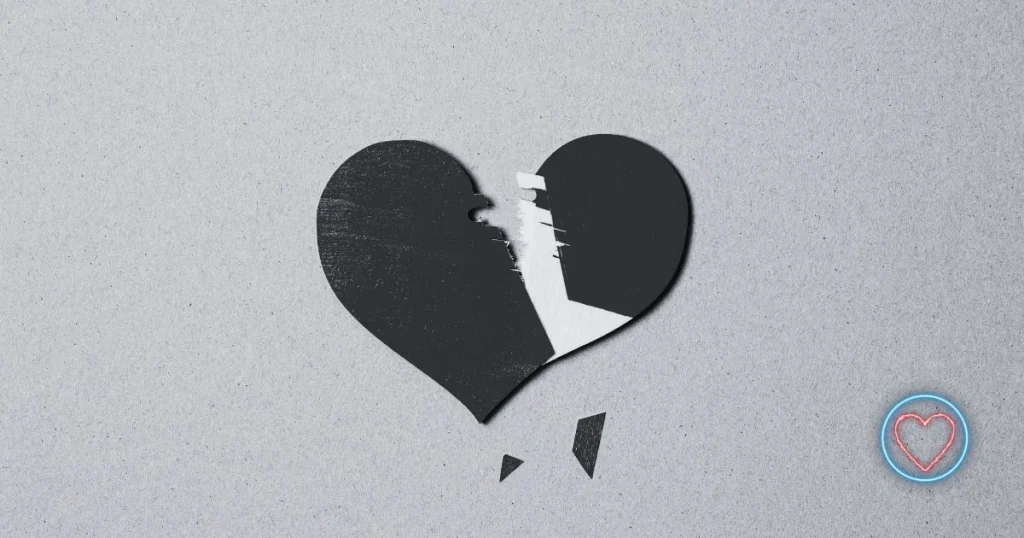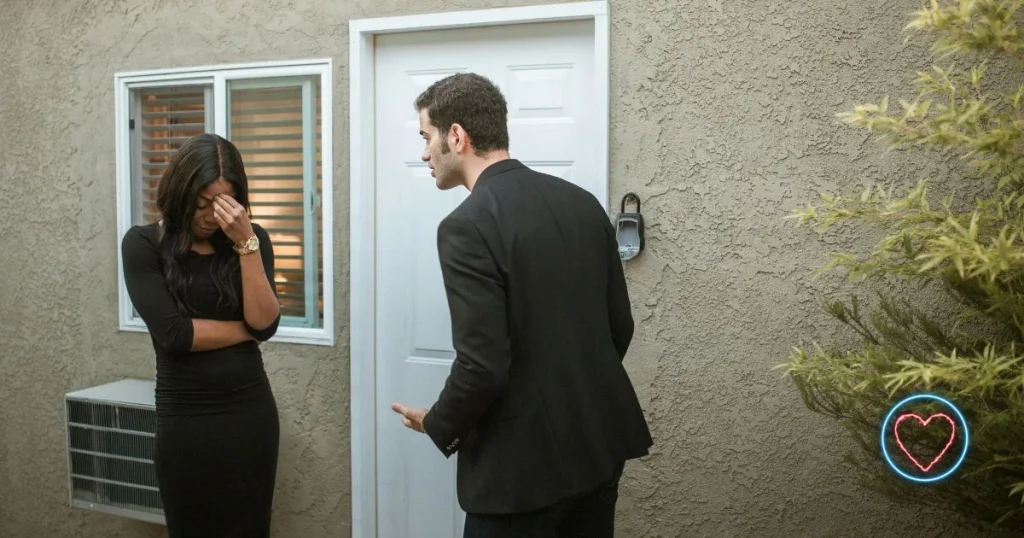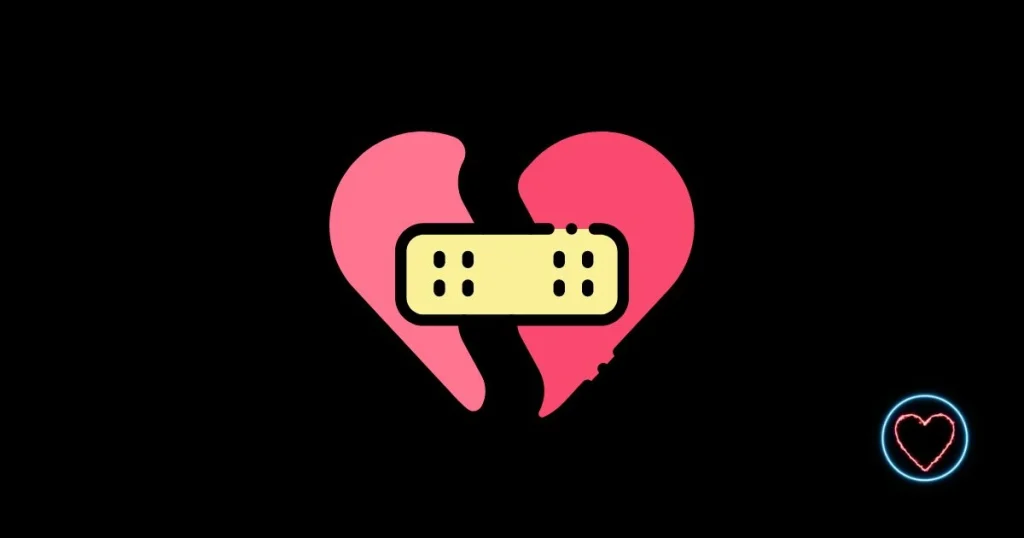Relationships are built on trust, respect, and mutual freedom. But sometimes, a partner’s behavior can blur the line between care and control. It might start as concern or suggestions, but over time, it becomes clear—they’re trying to manage more than just the relationship. They’re trying to manage you.
Controlling behavior is often disguised as love, protection, or guidance. Unlike overt abuse, it can be subtle and manipulative, making it hard to identify. However, recognizing the signs early can help protect your emotional well-being and autonomy.
Here are 10 subtle signs you might be in a relationship with a controlling partner.
1. They Disguise Control as “Care”
At first glance, it seems sweet: they ask who you’re with, what time you’ll be home, or why you didn’t answer your phone immediately. But these “check-ins” happen constantly. They say it’s because they care, but it feels more like surveillance.
They might frame it as concern:
- “I just worry about you.”
- “I need to know you’re safe.”
- “Text me every hour so I know everything’s okay.”
While occasional concern is normal, constant tracking isn’t. Love shouldn’t come with a GPS attached to your freedom.
2. They Make You Feel Guilty for Small Choices
Controlling partners are often masters of guilt. If you make a decision without them—dining with a friend, buying something for yourself, or choosing a movie—they subtly guilt-trip you.
Examples include:
- “You never include me in anything.”
- “If I did that, you’d be mad.”
- “You must not care what I think.”
Over time, you begin to doubt your decisions, second-guess yourself, and prioritize their needs to avoid conflict.
3. They Constantly Criticize Under the Guise of “Helping You”
Constructive feedback is healthy. But constant criticism—especially about your appearance, ideas, or lifestyle—is not. Controlling partners will say things like:
- “I’m only telling you this because I care.”
- “You’d be so much better if you just listened to me.”
- “No one else will be honest with you like I am.”
This ongoing critique slowly chips away at your confidence. You may start to believe you’re not capable of making smart choices without their input.
4. They Isolate You from Friends and Family
This one often begins innocently. Maybe they complain that your best friend doesn’t like them. Or they say your family doesn’t “support” your relationship. Soon, you find yourself spending less time with others—and more time trying to appease them.
Isolation is a classic control tactic. By limiting your external support system, a controlling partner ensures you rely solely on them. Without others to offer perspective, it’s easier for them to manipulate your view of reality.
5. They Keep Score in the Relationship
Healthy relationships are based on mutual give-and-take. But controlling partners turn love into a ledger. They keep track of every favor, mistake, or sacrifice—and use it to gain the upper hand.
They might say:
- “After everything I’ve done for you…”
- “You owe me for all the times I was there.”
- “I gave up my plans, and this is how you repay me?”
This scorekeeping creates emotional debt. It pressures you to comply with their wishes, even when it goes against your comfort or boundaries.
6. They Use Jealousy as a Weapon
A little jealousy is natural. But in a controlling relationship, jealousy becomes an excuse for monitoring, accusations, and emotional punishment.
They might say:
- “I saw the way that guy looked at you.”
- “Why do you always dress up when I’m not around?”
- “I bet you like the attention you’re getting.”
Rather than addressing their insecurity, they use jealousy to justify distrust and restrict your freedom. In doing so, they shift the blame onto you instead of dealing with their own emotions.
7. They Twist Conversations to Make You Doubt Yourself
Also known as gaslighting, this is one of the most damaging control tactics. A controlling partner will deny things they’ve said, invalidate your experiences, or insist you’re “too sensitive.”
They may say:
- “You’re imagining things.”
- “That never happened.”
- “You always overreact.”
Over time, you may begin to question your memory, instincts, or even sanity. This erosion of self-trust makes it easier for them to control how you perceive the relationship.
8. They Set Double Standards
Controlling people often demand behaviors from you that they won’t follow themselves. They may tell you not to talk to exes, stay out late, or spend money a certain way—while doing all those things themselves.
If you confront them, they deflect:
- “It’s different when I do it.”
- “You’re too emotional to understand.”
- “I’m more responsible than you are.”
This imbalance reinforces their dominance. You live under one set of rules, while they enjoy the freedom you’re denied.
9. They Micromanage Your Life
It may start with small suggestions: how to dress, what to eat, how to talk at work. But soon, it escalates into control over your time, money, or even your job.
They might say:
- “You’d be happier if you quit that job.”
- “I don’t like you wearing that in public.”
- “Why are you friends with them?”
Rather than trusting you to make decisions, they inject themselves into every part of your life—under the pretense of “helping” or “protecting” you.
10. You Feel Like You’re Walking on Eggs
The most telling sign of all? You feel anxious around them. You overthink your words, hide things to avoid fights, or constantly adjust your behavior to keep the peace.
You’re not yourself anymore. You filter your thoughts, shrink your needs, and start living in reaction to their moods.
In a healthy relationship, you feel free, safe, and supported. If you’re walking on eggshells, something is wrong.
Why These Signs Are Often Overlooked
Controlling behavior is rarely obvious in the beginning. It often develops gradually, disguised as love, care, or protection. By the time it becomes clear, the partner has usually established emotional dominance.
Some reasons people miss the signs:
- They confuse control with affection (“They must really love me.”)
- They doubt their own instincts due to manipulation.
- They fear being alone or believe they can “fix” their partner.
- They’re isolated from outside support and perspective.
Recognizing the signs doesn’t make you weak—it makes you wise. And it’s the first step toward reclaiming your power.
What to Do If You Recognize These Signs
If this article resonates with you, know that you’re not alone. Many people experience controlling relationships and struggle with what to do next.
Here are some steps to consider:
- Keep a private journal of behaviors, patterns, and how you feel. This helps clarify what’s happening.
- Talk to someone you trust—a friend, therapist, or support group.
- Set boundaries and see how your partner reacts. Healthy people respect limits; controlling ones escalate.
- Prioritize safety. If things worsen, have an exit plan. This might include financial preparation or legal support.
- Don’t blame yourself. Control thrives on guilt and shame. You deserve freedom and respect.
Final Thoughts
Love should feel liberating, not limiting. A true partner empowers you to grow, make choices, and express yourself fully. Control, no matter how subtle, is the opposite of love.
If any of these signs sound familiar, trust your intuition. You have the right to boundaries, independence, and emotional peace. The sooner you recognize the signs, the sooner you can begin the journey back to yourself.
You are not powerless. You are not overreacting. And you are not alone.
